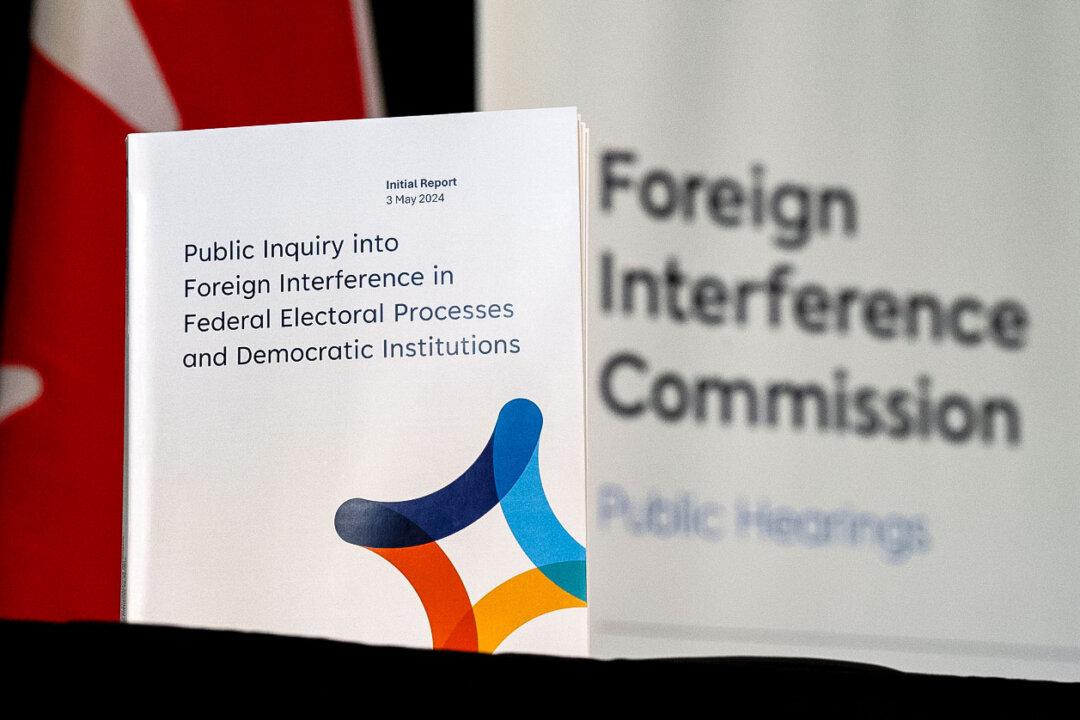A citizen advocacy group has raised concerns about loopholes in the government’s proposed foreign interference legislation, saying it could allow interference in Canadian politics to persist.
Democracy Watch said in a June 10 release that Bill C-70 contains flaws that could leave the door open to foreign interference in party leadership contests, saying foreign agents wouldn’t be required to disclose secret communications with election candidates, party leadership contestants, or those who have been elected as MPs or appointed as senators, but have not taken office.





